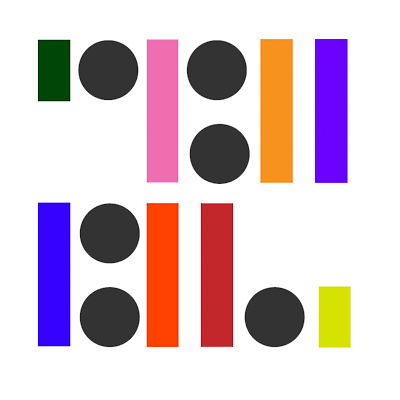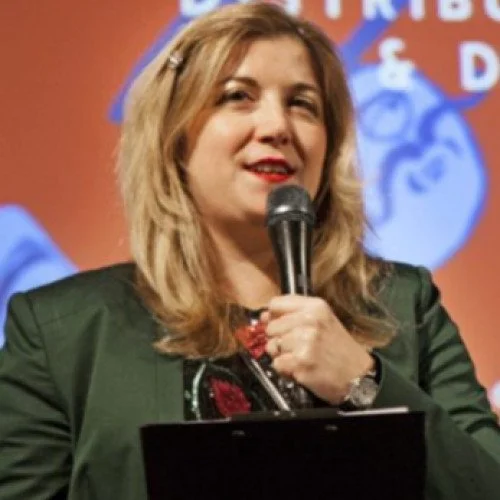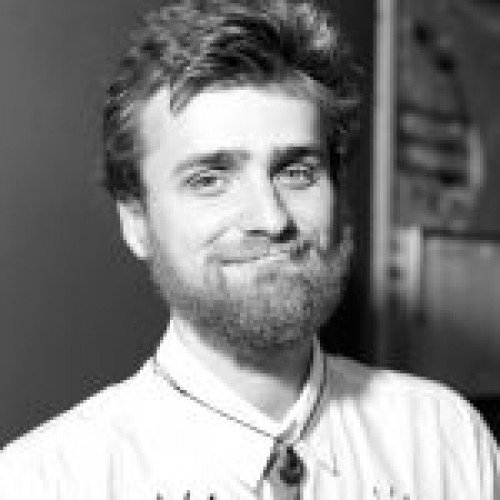evidence
CITIZEN FORENSICS AND INVESTIGATIVE TOOLS FOR BRINGING THINGS TO LIGHT
How can we use technology to investigate the world around us in the name of justice and human rights?
• 16. Sept. - 21. Sept., 2019
• Based at ACUD in Berlin, Germany
• Special one week intensive, full-time
• Small class of participants
• In collaboration with Tactical Technology Collective and Disruption Network Lab
Pricing
Artist / Student (Full Time)*
€150
Professional*
€350
course
description
Please Note: This class is full. Applications are no longer being accepted. This program delves into the topic of citizen forensics. We’ll take a deeper look into projects and organisations that have stemmed from a new movement of citizens taking action in the name of justice and human rights. With an eye on the work of Forensic Architecture, VFRAME and Tactical Technology Collective, we’ll learn how to gather information, problem-solve with the latest tools, and use critical techniques for safely navigating and investigating our communities as a means of learning how we might actively contribute to something greater.
This special one-week intensive program ends with attendance at Disruption Network Lab's upcoming conference Citizens of Evidence, in which grassroots citizen journalism will also be the focus.
Note: We're excited to introduce a new format for our Money and Evidence programs. These are two new topics that we feel are vital for many of us, so we decided to make these programs as accessible as possible, each of them one-week long at a much lower cost. This is an experimental format for us but if all goes well we hope to repeat it and offer two one-week programs per year focused on critical tools for artists and activists.
in this course,
you will be
introduced to
Citizen forensics movements and how they began
How to gather information and investigate safely
Ethical and legal issues surrounding this work
Basics of working with various technologies including computer vision and machine learning for investigative purposes
An amazing network and community of like-minded creative beings and potential future collaborators
course
outline
: See above for topics covered.
who is this
program for?
This program is for journalists, architects, researchers, artists and anyone interested to learn how technology is currently being used as an aid for critical analysis to help understand and report on the world around us. No previous experience necessary.
meet the instructor
Laura Ranca
Project Coordinator
Laura is a project coordinator with Tactical Tech’s Exposing the Invisible project. Before joining Tactical Tech in January 2018, she worked for two years as a program specialist with the investigative journalism portfolio of the Independent Journalism Program at Open Society Foundation in London. Prior to that, she was a reporter and researcher with the Organized Crime and Corruption Reporting Project (OCCRP) and with RISE Project - a community of investigative journalists, developers and activists in Romania. At RISE, among others, she coordinated the development of Visual Investigative Scenarios (VIS), a data visualization platform, which assists investigative journalists, activists and researchers in mapping complex organised crime networks. Earlier on, Laura also worked as a public information officer with the UN peacekeeping mission in the Democratic Republic of Congo and as a program coordinator and reporter with the Center for Media, Data and Society at the Central European University in Budapest, Hungary.
Adam Harvey
Artist, researcher
Adam Harvey is an American artist and researcher based in Berlin focused on computer vision, privacy, and surveillance. He is a graduate of the Interactive Telecommunications Program at New York University (2010) and previously studied engineering and photojournalism at the Pennsylvania State University.
Tatiana Bazzichelli
Founding Artistic Director & Curator Disruption Network Lab e. V. Board
Tatiana Bazzichelli is the founder, artistic director, curator, and board member of the Disruption Network Lab. She has been appointed jury member for the Hauptstadtkulturfonds (Capital Cultural Fund) by the German Federal Government and Berlin for the funding years 2019-2020. She was festival curator at transmediale from 2011 to 2014, where she also developed the ‘reSource transmedial culture berlin’, the year-round cultural network programme of the festival. Bazzichelli’s work at transmediale was the focus of her 2012-2014 post-doctoral research at the Centre for Digital Cultures, Leuphana University of Lüneburg. She received a PhD degree in Information and Media Studies at the Faculty of Arts of Aarhus University in 2011. Her PhD research, Networked Disruption: Rethinking Oppositions in Art, Hacktivism and the Business of Social Networking (DARC Press, 2013), was the result of her 2009 visiting scholarship at the H-STAR Institute of Stanford University. She wrote the book Networking: The Net as Artwork (Costa & Nolan, 2006; DARC Press, 2008), and co-edited Disrupting Business: Art and Activism in Times of Financial Crisis (Autonomedia, 2013). She has taught classes and given lectures about whistleblowing, hacktivism, art and digital culture in many institutions, including the Department of Cultural Practice at the Potsdam University of Applied Sciences (FHP) as Visiting Lecturer in 2016-2017. She curated the exhibitions SAMIZDATA (NOME Gallery, 2015), Networked Disruption (Škuc Gallery, 2015), HACK.Fem.EAST (Kunstraum Kreuzberg /Bethanien, 2008), HACKmit! (MACHmit! Museum, 2007) and Hack.it.art (Kunstraum Kreuzberg /Bethanien, 2005). Active in the Italian hacker scene since the ’90s, her networking project AHA:Activism-Hacking Artivism won the honorary mention for Digital Communities at Ars Electronica 2007. Awarded the 2014 “Italian of the Year” by the Italian Embassy, Italian Cultural Institute, and ComItEs of Berlin, she has been living in Berlin since 2003.
Lachlan Kermode
Lachie develops full stack architectures, manages machine learning workflows, and handles the grainier details of computer infrastructure across a range of Forensic Architecture’s investigations.
He has a degree in Computer Science from Princeton University, and a range of experience both in industry and as a full stack freelancer.
Lachie’s academic interests are generally found in and between computer science, infrastructure studies, and cultural and critical theory.
See contact and other details on his website.





